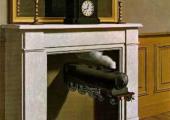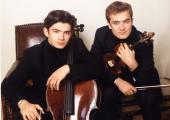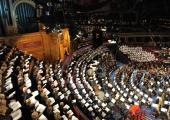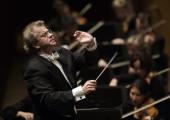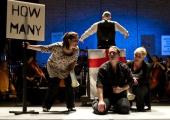Classical CDs Weekly: The Beatles, Led Zeppelin, Thelonious Monk

The songs do not remain the same: classical reinterpretations
We go out of this column's comfort zone for this week’s releases which include orchestrated versions of songs by the Fab Four, and an Italian pianist’s imaginative response to jazz god Thelonious Monk. And there’s also some Led Zeppelin played by a string quartet.

